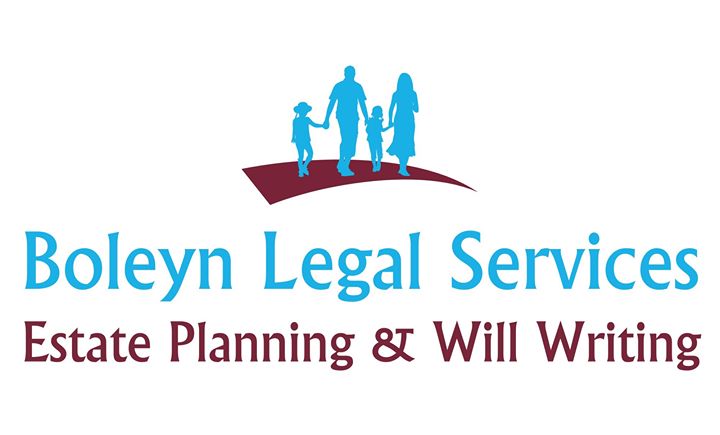Modernisation of Wills Law confirmed as law commission project of reform
- By Georgia Owen - Todays Wills & Probate
- •
- 27 Jun, 2018
- •
The Law Commission has this week issued an update on its latest programme of reform.

As well as providing an overview of the current work that the Commission is undertaking, the document details the potential need for reform in an area, summarizing the potential benefits and gives a timescale of when the associated work would be completed.
Announced by the organization last year, the Commission stated that the modernization of trust law would be among the projects in the 13th programme of reform.
The focus, it stated would be on reforms which will reduce unfairness for citizens, in addition to those which could improve competitiveness on an international scale.
One of the key projects highlighted relates to Wills; drawing attention to the importance if the document, the Commission states that around 40% of people do not have a valid Will when they die, setting out the often distressing consequences which can occur as a result.
Referencing the fact that a significant aspect of the current law governing Wills dates back to the 19th Century, the Commission states that this needs to be modernised in order to reflect changes in society, developments in medical understanding as well as technology.
The project, it sets out, is wide-ranging, with the key issues being:
- testamentary capacity and what happens when these rules are not followed properly
- making wills electronically
- protecting vulnerable testators
Having consulted on these matters during 2017, the Commission state that they expect to complete the project by mid-2019.
It’s also worth noting that, when detailing potential future work A Modern Framework for Disposing of the Dead and Modernising Trust Law for a Global Britain and were listed. It states that whilst the Lord Chancellor’s support has been secured, definite plans in order for work to commence are not yet in place.

My experience is that this is rarely done for a bad purpose, but more often because one spouse has more financial skills and doesn't want to burden the other. But when the less-experienced spouse becomes a widow or widower, and is to some extent on her or his own, problems can arise. These problems are obvious: spending money unnecessarily, choosing the wrong investments or investment advisors, making unfavorable choices regarding health insurance and Social Security, even deciding where to live.
The result is a much less secure and happy life for the survivor; and problems for the rest of the family as well. Children might help, but sometimes they give conflicting advice. The solution is easy to describe, but often fails in the execution: training, review and guidance for the less-experienced spouse. And, as well, a set of trusted advisors who can help the survivor with these important decisions. Start with a notebook. List sources of monthly income; regular monthly expenses; where assets are located and how they are titled (and this includes items like retirement plan accounts and IRAs); the names of advisors and the kind of advice they give; where important documents are located.
Once you start this project, more information will come to mind. And the result should be a better "rest of life" for the survivor and avoiding unnecessary and inappropriate expenditures that deplete what passes on to the next generation.
DISCLAIMER: Because of the generality of this update, the information provided herein may not be applicable in all situations and should not be acted upon without specific legal advice based on particular situations

An increasing number of people are turning to the internet for all sorts of advice. Fashion advice. Medical advice. Marriage advice.
Here are Boleyn Legal Services, we certainly won’t dissuade you from getting fashion advice online, but we strongly recommend that you don’t turn to Google for legal advice, paticularly when it comes to writing your will, because it could end up costing you a whole lot more than you expected.
No one really wants to talk about their last will and testament, but this is one legal issue you don’t want to leave unattended. After all, it could lead to a major rift in your family, one which you are not around to mend.
The importance of having a very clear will and testament takes on even greater magnitude if you have children from more than one marriage, if you have adopted children, and if you don’t have any children at all. Getting expert advice can save your loved ones heartache and grief at a time when they really need to focus on grieving and recovery.
